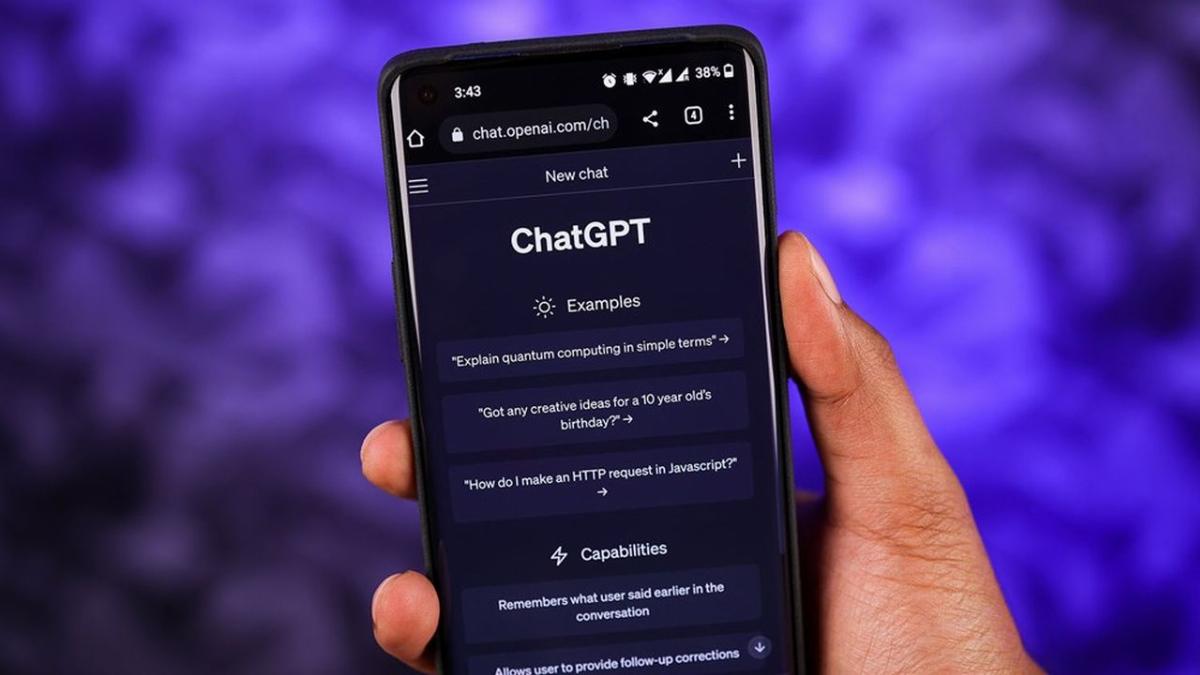
ChatGPT - artificial intelligence language
ChatGPT is an artificial intelligence language model developed by OpenAI. It is based on the GPT (Generative Pre-trained Transformer) architecture, specifically designed to generate human-like text by predicting the next word in a sequence. The first version of GPT was released in 2018, with subsequent iterations such as GPT-2, GPT-3, and GPT-4. ChatGPT, launched in late 2022, is based on these more advanced versions, including GPT-4, which significantly improved the model's ability to generate coherent and contextually appropriate text.
ChatGPT is primarily used for natural language processing tasks like answering questions, assisting with writing, generating content, and explaining complex concepts. It was trained on vast amounts of publicly available text data from books, websites, and other sources, allowing it to respond on a wide range of topics. However, it cannot access real-time information or browse the web unless integrated with external tools.
The model is built on transformer architecture, which enables it to understand and generate text with long-range contextual awareness. ChatGPT uses patterns in the data it has been trained on to produce relevant responses, but it sometimes generates incorrect or nonsensical information. Its reliance on pre-existing data also means that it can reflect biases present in the training data, a limitation that OpenAI continually works to address.
ChatGPT is accessible via a web interface and APIs, making it available for integration into various applications. It is used in many industries, including customer service, content creation, education, and programming assistance. For example, it can help users write essays, generate creative ideas, debug code, or provide explanations for scientific and mathematical concepts.
While ChatGPT is highly versatile, it has limitations, such as occasionally producing factually incorrect information or struggling with tasks requiring deep reasoning. OpenAI has implemented safety measures, such as content filters, to minimize harmful or inappropriate outputs. Despite these precautions, the model sometimes outputs information that is biased or unsuitable, leading to ongoing updates and improvements.
ChatGPT operates in two versions: a free version based on GPT-3.5 and a paid version, ChatGPT Plus, which provides access to the more advanced GPT-4. The paid version offers improved response accuracy, especially for more complex queries. OpenAI also encourages ethical usage of the AI and has established guidelines to prevent misuse and ensure responsible application of the technology.
As of 2024, ChatGPT remains one of the most widely used AI tools for text generation, with millions of users leveraging its ability to assist across diverse fields.
Quellen







